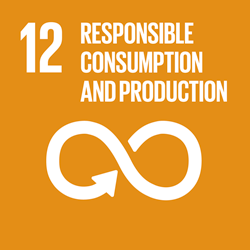Technological watch
Salicylic Acid Modulates Okra Tolerance to Salt Stress in Hydroponic System
Salinity is one of the most devastating abiotic stresses that limit plant growth and yield, especially in arid and semi-arid regions. The objective of this study was to evaluate the effect of foliar application of salicylic acid in mitigating the effects of salt stress on okra cultivation in a hydroponic system. The study was conducted in a greenhouse, consisting of two experiments. A completely randomized design was adopted in a split-plot scheme, with four levels of electrical conductivity of the nutrient solution—EC (2.1; 3.6; 5.1, and 6.6 dS m−1) considered the plots and four salicylic acid concentrations—SA (0, 1.2; 2.4, and 3.6 mM), the subplots, with four replications. The second experiment differed from the first only by the increase in the EC levels (3.0, 5.0, 7.0, and 9.0 dS m−1). An increase in the electrical conductivity of the nutrient solution negatively affected the physiology and production components of okra. However, foliar application of salicylic acid at concentrations between 1.2 and 2.3 mM reduced the harmful effects of salt stress. The salinity threshold for hydroponic cultivation of okra was 2.54 dS m−1, with a reduction of 7.98% per unit increment in EC above this level.
Publication date: 13/10/2022
Author: Allysson Jonhnny TorresMendonça
Reference: doi: 10.3390/agriculture12101687






